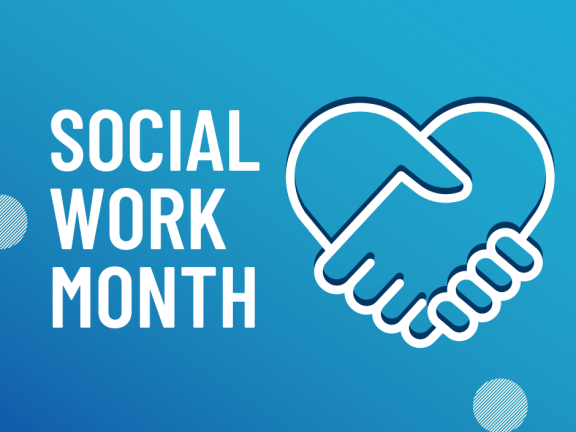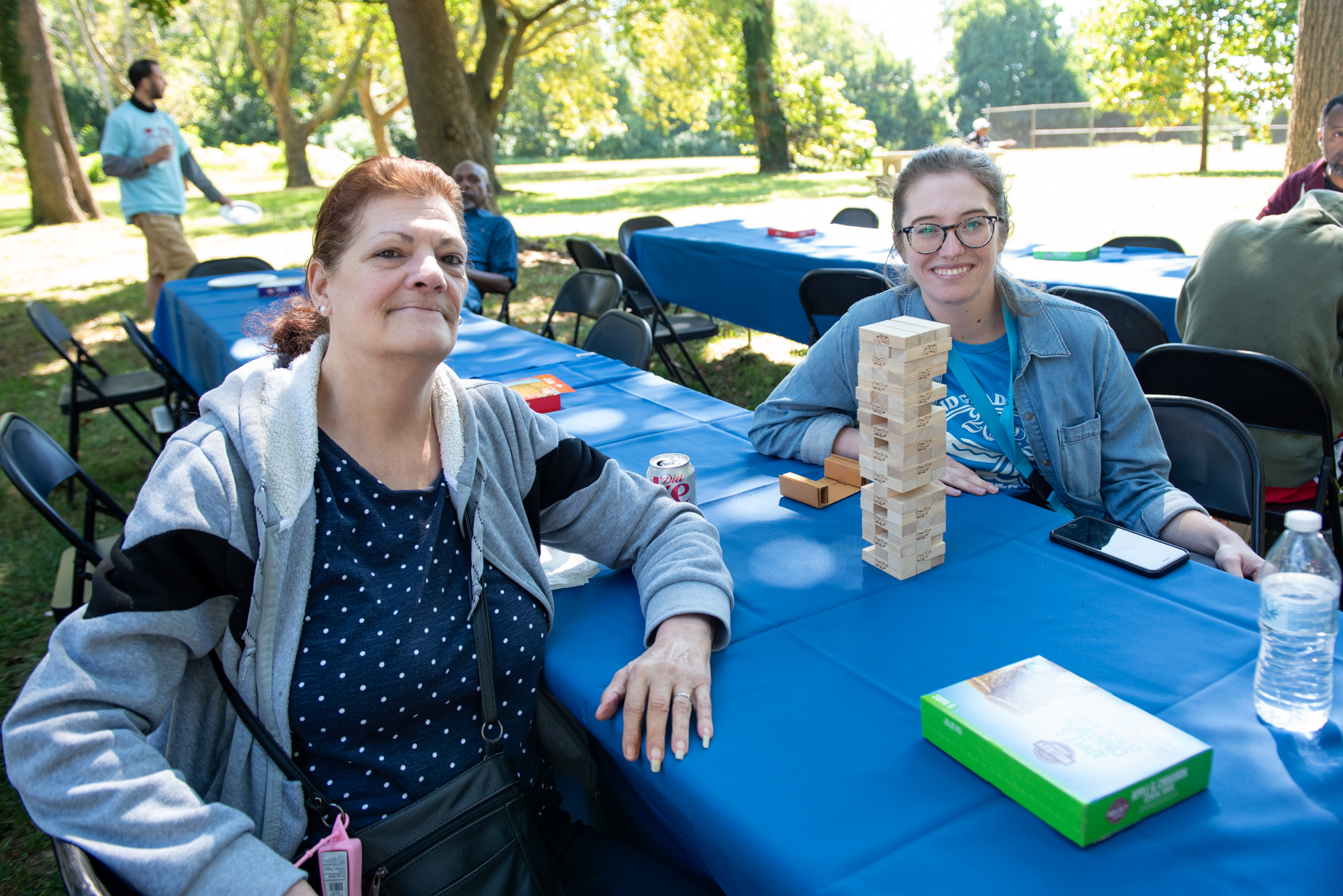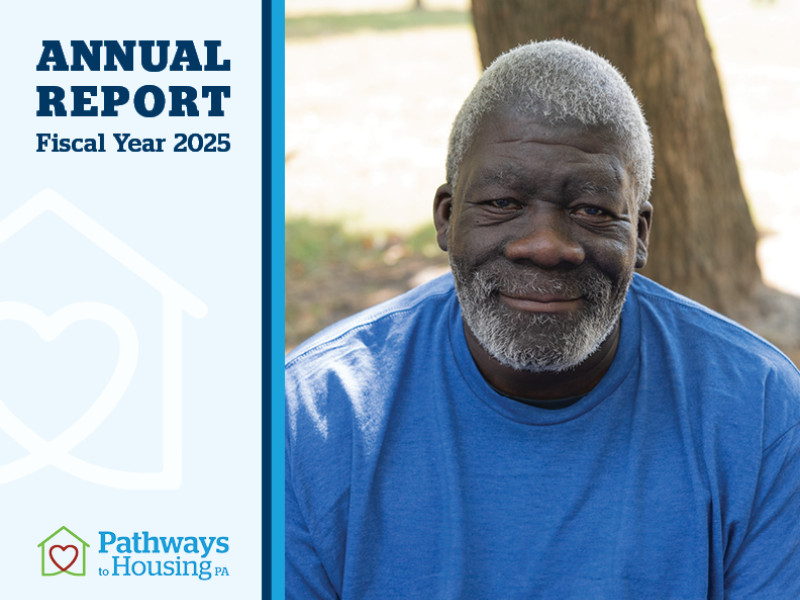Recognizing Social Work Month

What is Social Work?
Social work is a practice-based profession that promotes social change, development, cohesion, and the empowerment of people and communities. Social work practice involves understanding human development and behavior, as well as the social, economic, and cultural institutions and interactions.
Social workers aim to enhance the overall well-being of communities and people and help meet their basic and complex needs. Social workers support many different communities, mainly focusing on those who are systemically under-resourced or marginalized. Social workers typically work in nonprofit, human service, and healthcare organizations. For those who don’t work in the field, it can be challenging to understand exactly what a “Social Worker” does.

March is Social Work Month
March is Social Work Month, and we want to de-mystify the profession. Specifically, we’re diving into what our social workers do at Pathways to Housing PA to support our participants daily. We’re focusing on our Service Coordinators, the versatile staff members who directly impact our participants. Every day, their vital work directly supports our mission.
A typical day for a Service Coordinator at Pathways begins with a team meeting. Our housing teams meet each morning to discuss their respective teams’ 75-80 participants. The team runs through who has upcoming appointments, who needs a home visit, who has an acute issue to address, and any other details that have emerged since the previous day. These discussions help ensure each participant is seen consistently and that we are fully supporting our participants wherever we can.
Following the meeting, the team splits up with some Service Coordinators heading into the field and some staying in the office. The Service Coordinators in the office ensure participants who visit the office are supported and have their needs taken care of. These tasks could include accompanying them during a visit to our onsite clinic or an appointment with their therapist. Sometimes, a participant needs food, hygiene items, or other emergency supplies, and the Service Coordinator will take them to our emergency pantry. They also connect with participants who visit for other reasons like completing paperwork, picking up a check, or chatting with a friendly face.

Service Coordinators who go out into the field will complete various tasks each week. They will likely spend some of the day visiting participants in their apartments for home visits. During a home visit, we assess the home for safety and other concerns while checking in with the participant to determine any upcoming tasks they’ll need support with. Service Coordinators also take participants out into the community to get groceries, shop for clothes, pick up prescriptions, or attend community events.
Service Coordinators in the field may also conduct outreach during the day, connecting with participants who are still living unsheltered. When doing outreach, Service Coordinators provide food, water, and other essentials and transport participants to appointments. Finally, Service Coordinators organize showings for participants who are about to be housed by taking them to available units for tours and helping them to determine which apartment they’d like to call home.

A Service Coordinator’s daily routine is anything but predictable, shaped by the ever-changing needs of our participants. This adaptability lies at the heart of social work, where professionals are dedicated to meeting immediate needs with compassion and expertise. Despite the challenges, their commitment to making a difference remains unwavering. We acknowledge that our work can often look and feel thankless.
However, the needs that our Service Coordinators address are transformative to our participants. They’re the heart of our work and enable us to achieve our mission of providing homes, restoring health, and reclaiming lives. We celebrate them throughout the year and recognize them this month in honor of Social Work Month.


